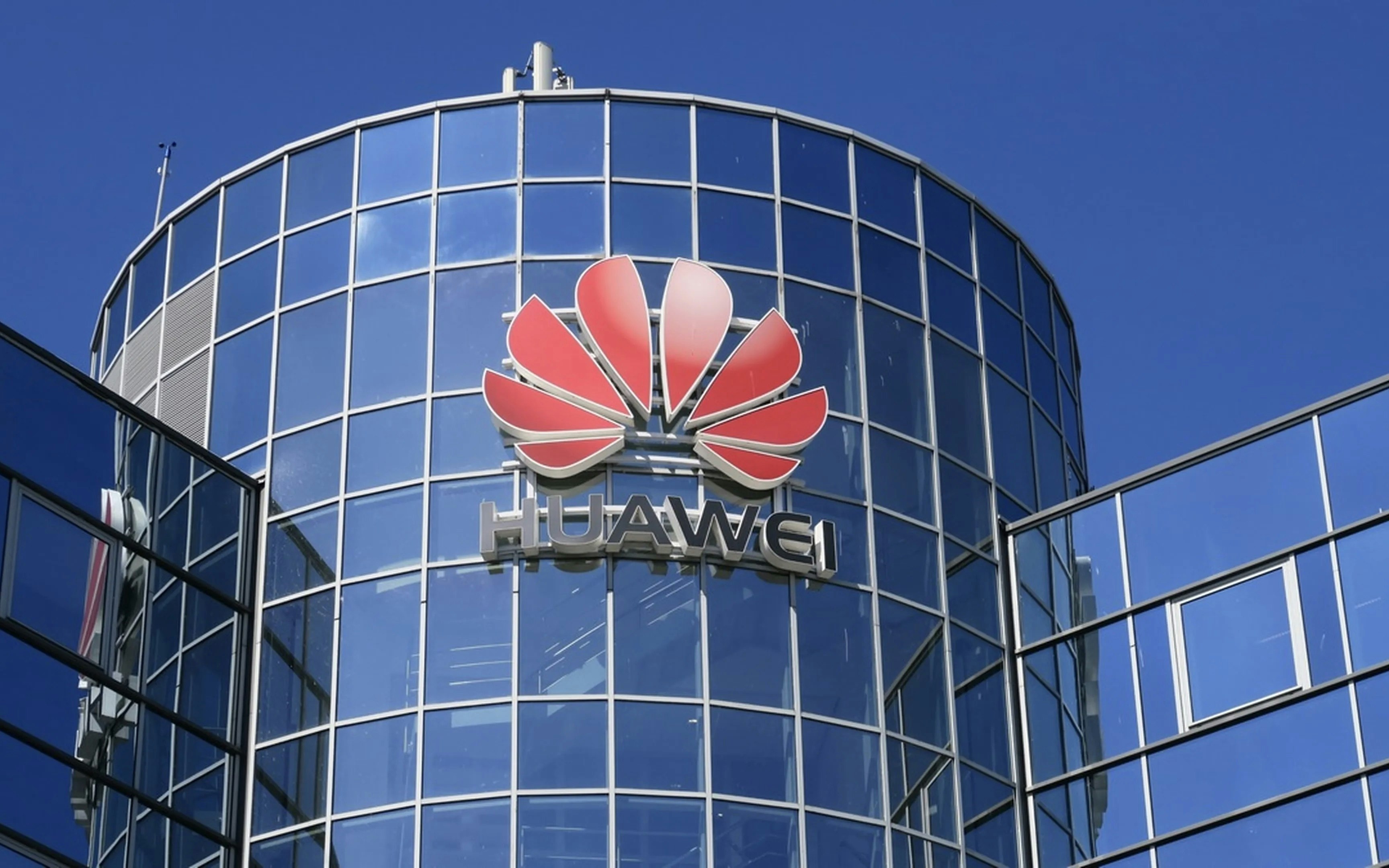Huawei wants to expand its share of the Chinese AI chip market and thus challenge Nvidia's dominance in this area. The Chinese technology group is focusing on the "inference" sector, i.e., the application of trained AI models, and positioning its latest Ascend chips as the preferred hardware for Chinese companies.
While Nvidia GPUs remain the preferred choice for training large language models, Huawei bets on the need for powerful inference hardware increasing with the growing proliferation of AI applications. "Training is important, but it happens only a few times," said Georgios Zacharopoulos, a senior AI researcher at Huawei. "Inference, on the other hand, will serve more customers in the long run.
The company is actively working on porting AI models trained on Nvidia hardware to Ascend chips. Since Nvidia and Huawei use different software ecosystems, Huawei is developing tools to ensure compatibility. At the same time, the Chinese government is urging major tech companies to increasingly adopt domestic solutions such as Ascend processors.
Despite regulatory hurdles from U.S. export controls forcing Nvidia to offer only limited H20 chips in China, interest in Nvidia's GPUs remains high. However, Huawei has announced a revised version of its chip with the new Ascend 910C, aimed at improving developer-friendliness and performance.
Analysts still see technical challenges. The connectivity between the chips in large computing clusters is a bottleneck that limits the scalability of Huawei's solution. The widespread use of Nvidia's CUDA software also presents a hurdle that Huawei is trying to overcome with optimized software and technical adjustments.
According to estimates by SemiAnalysis, Nvidia sold around one million H20 chips in China last year, generating revenue of 12 billion US dollars – twice as many chips as Huawei with its Ascend 910B. Nevertheless, insiders warn of shortages in Huawei's production capacity due to US sanctions that make access to modern semiconductor manufacturing technology difficult.
Chinese companies like DeepSeek are increasingly relying on cost-efficient inference methods to remain competitive despite lower hardware performance. Huawei actively supports this approach by assisting developers in adapting their models to Ascend chips.



